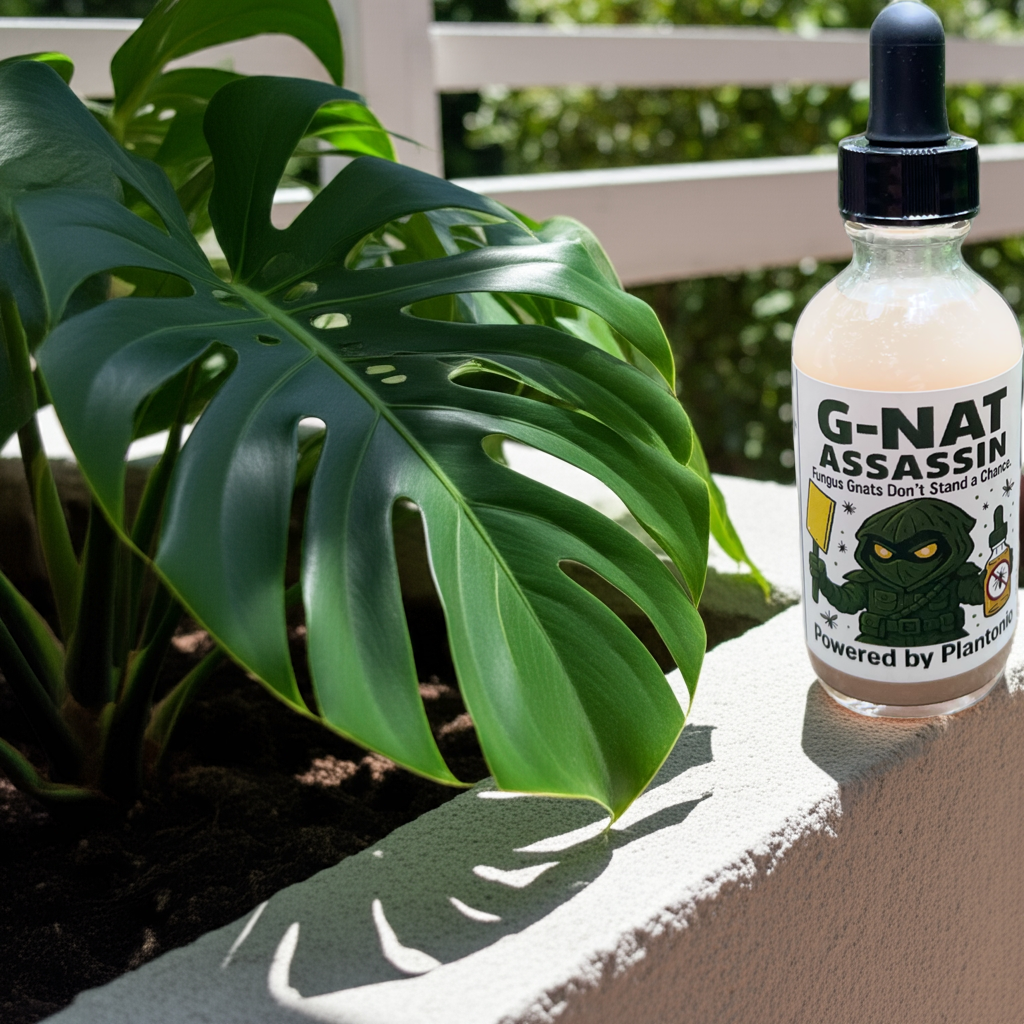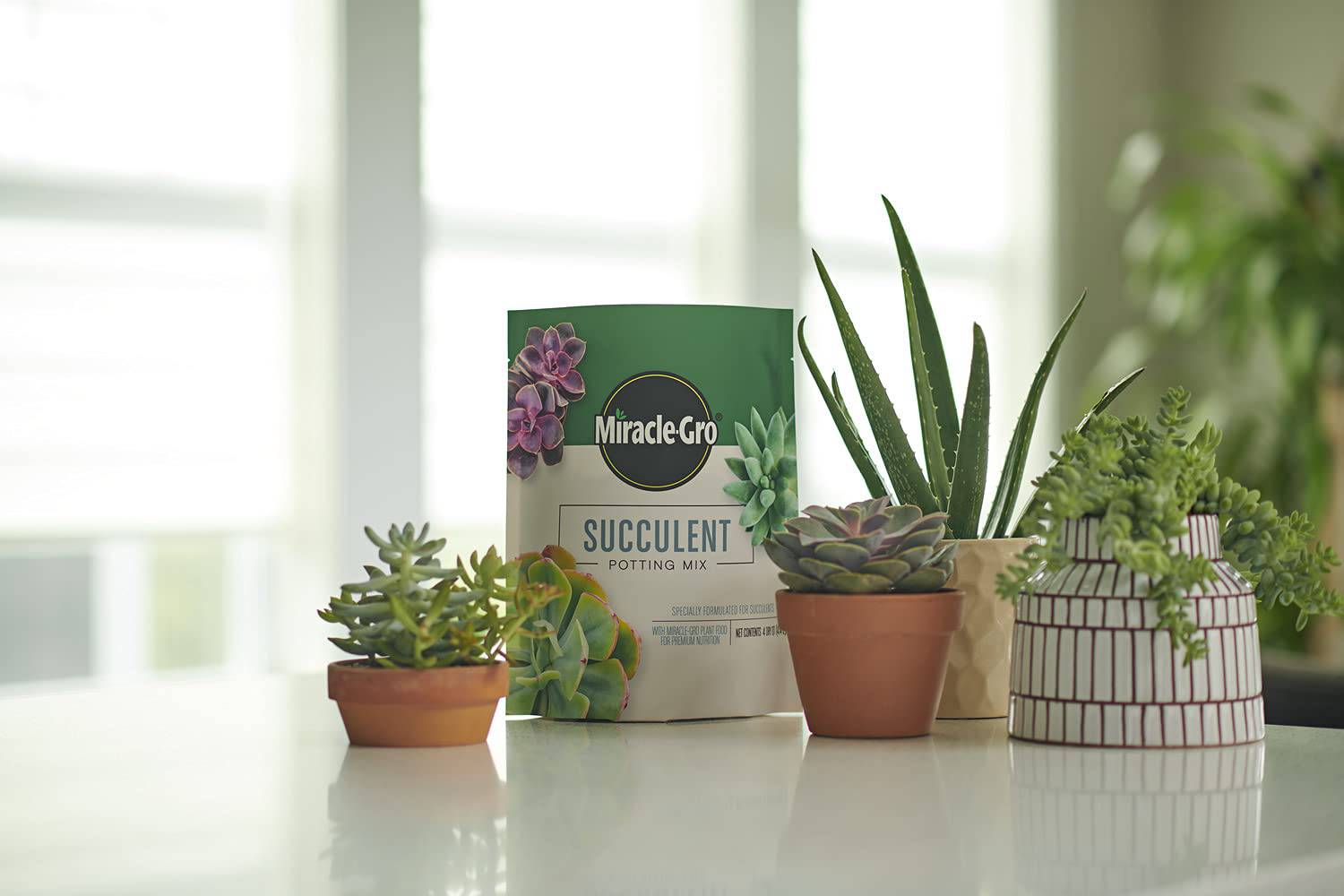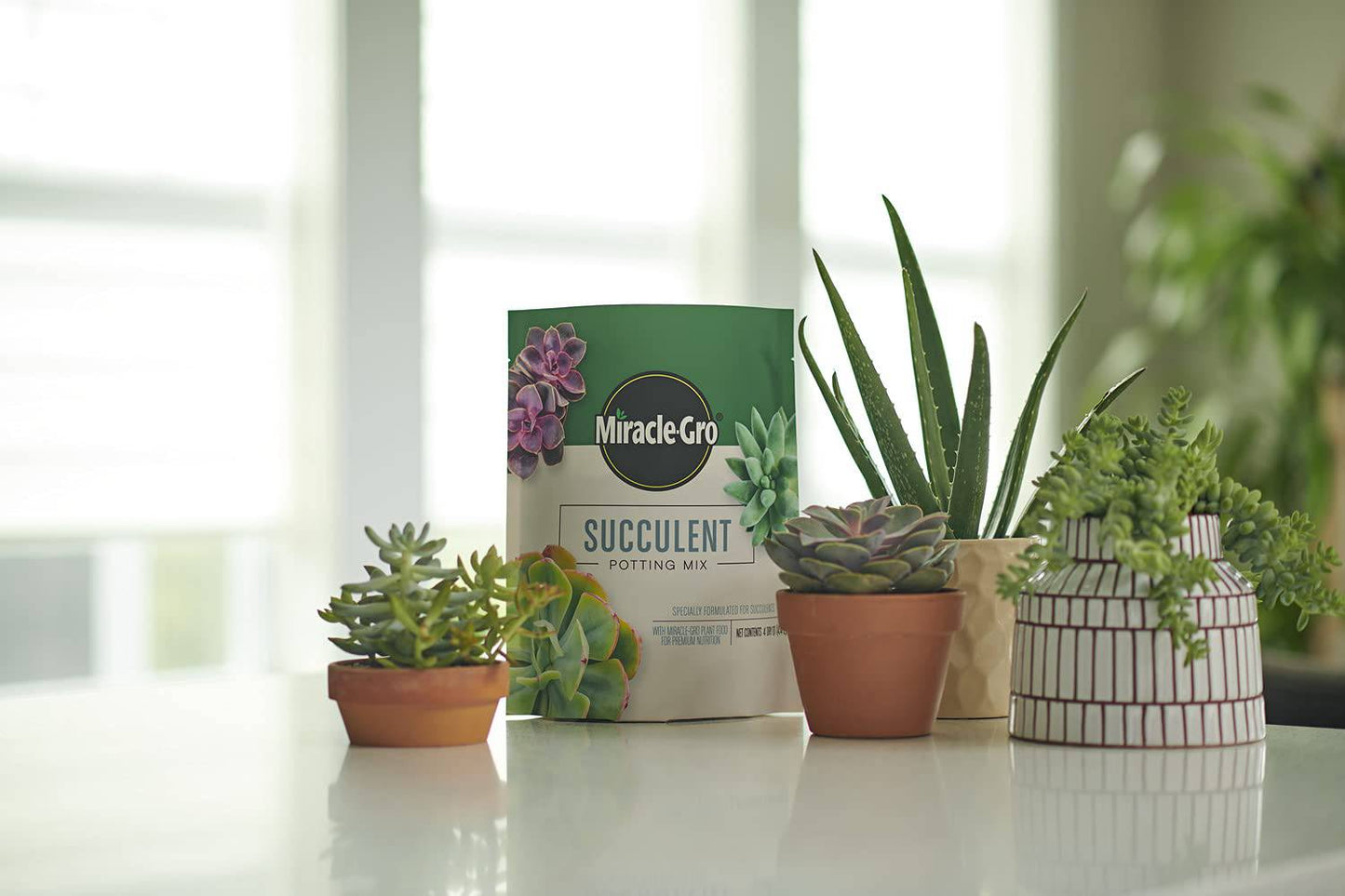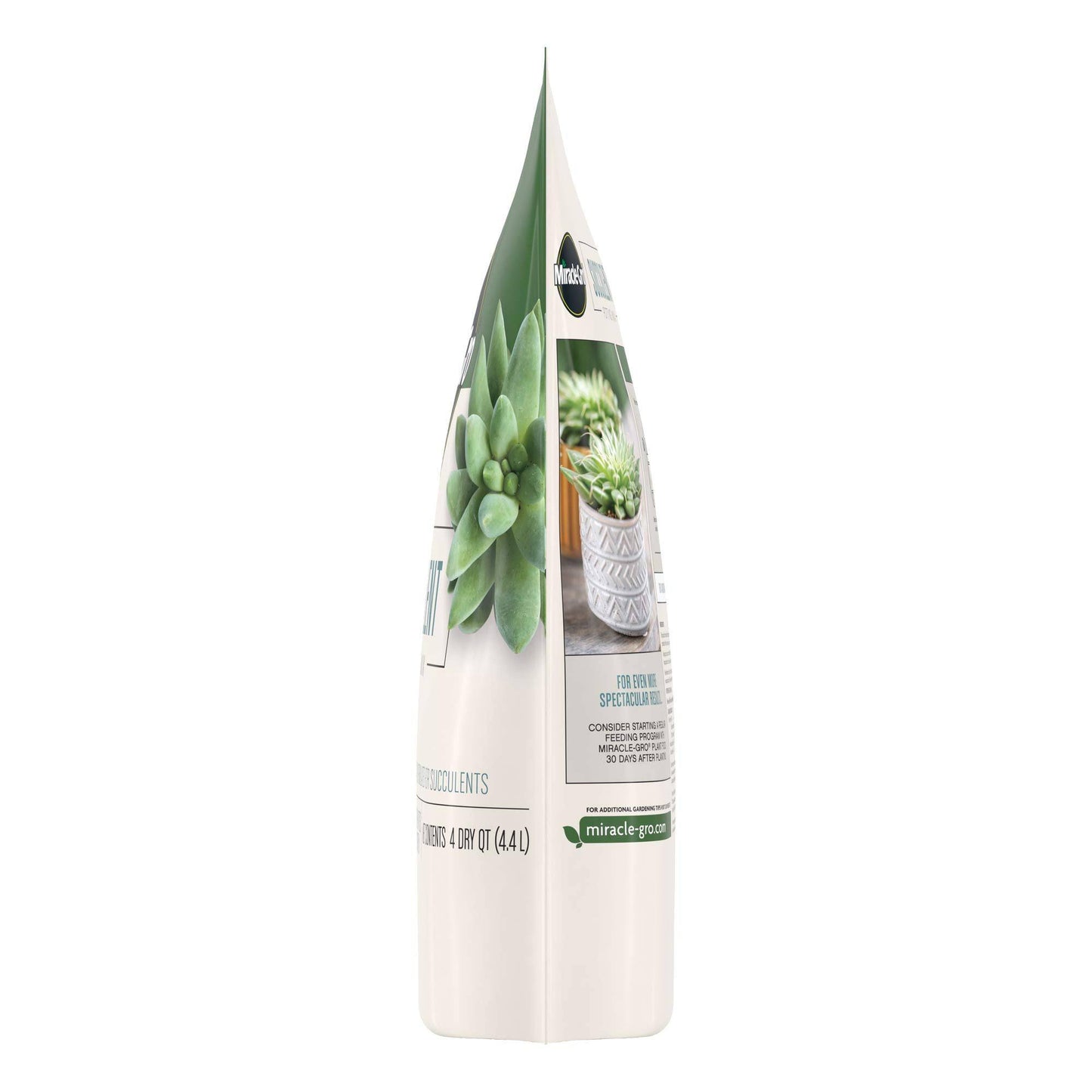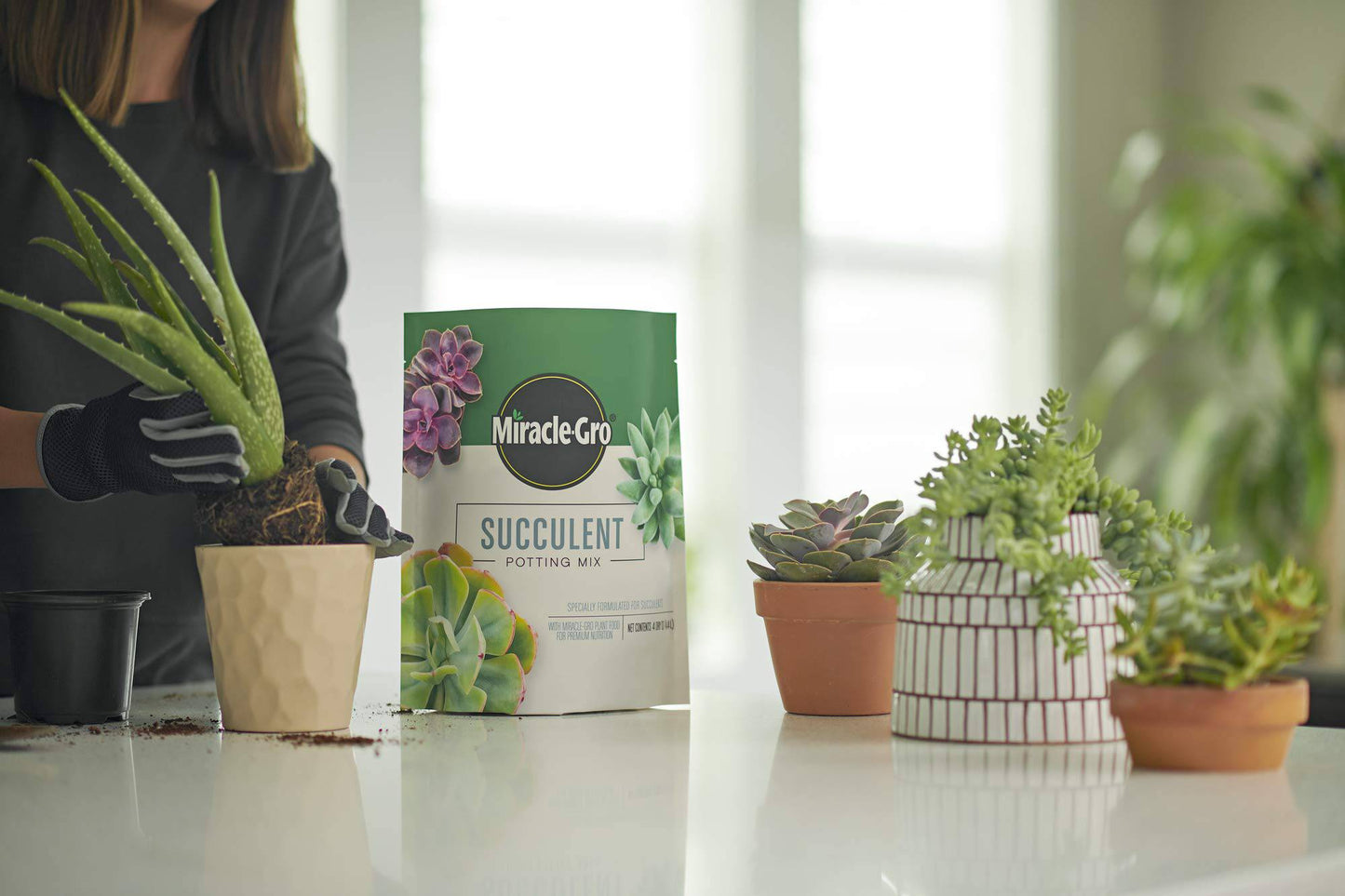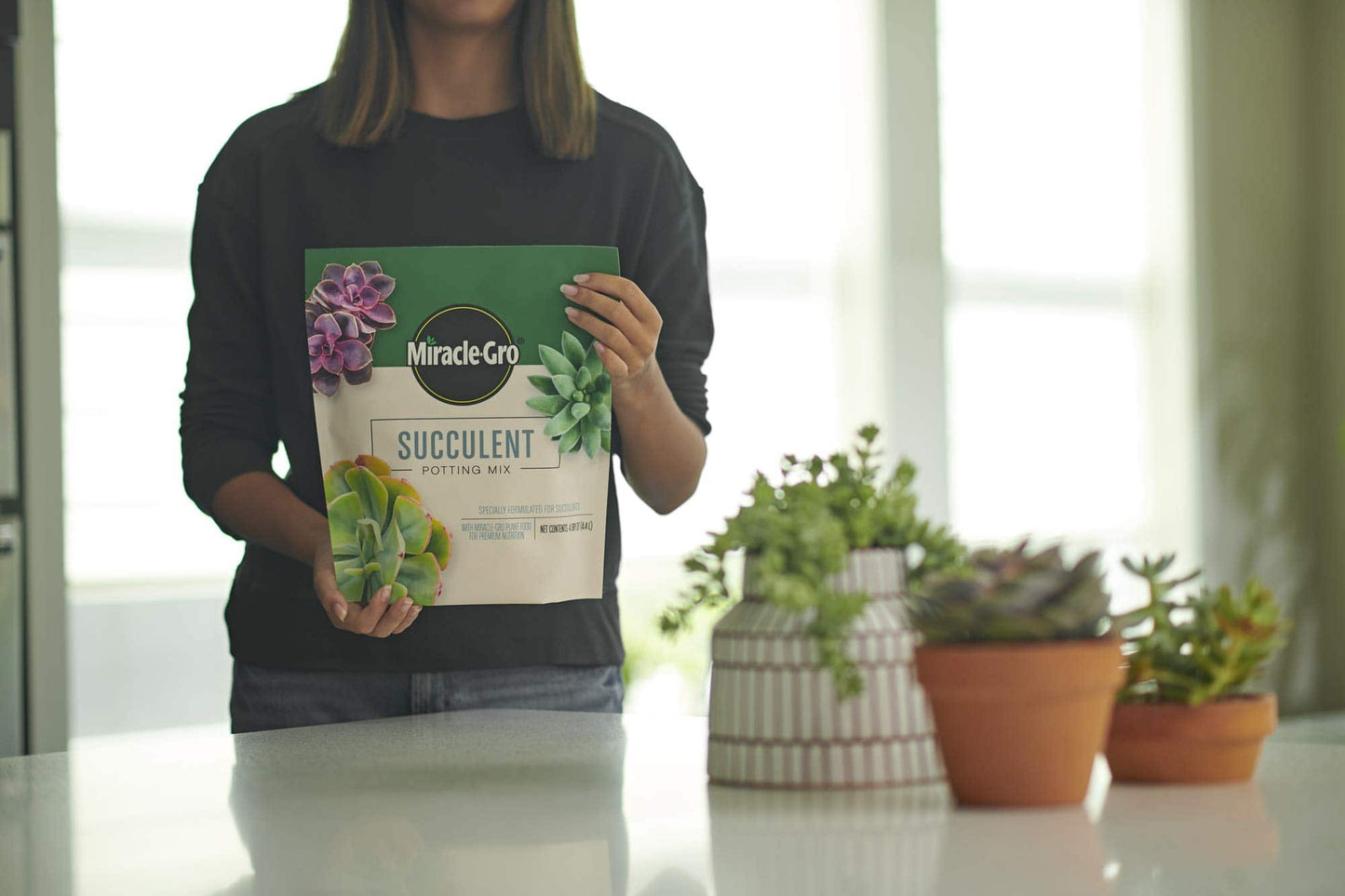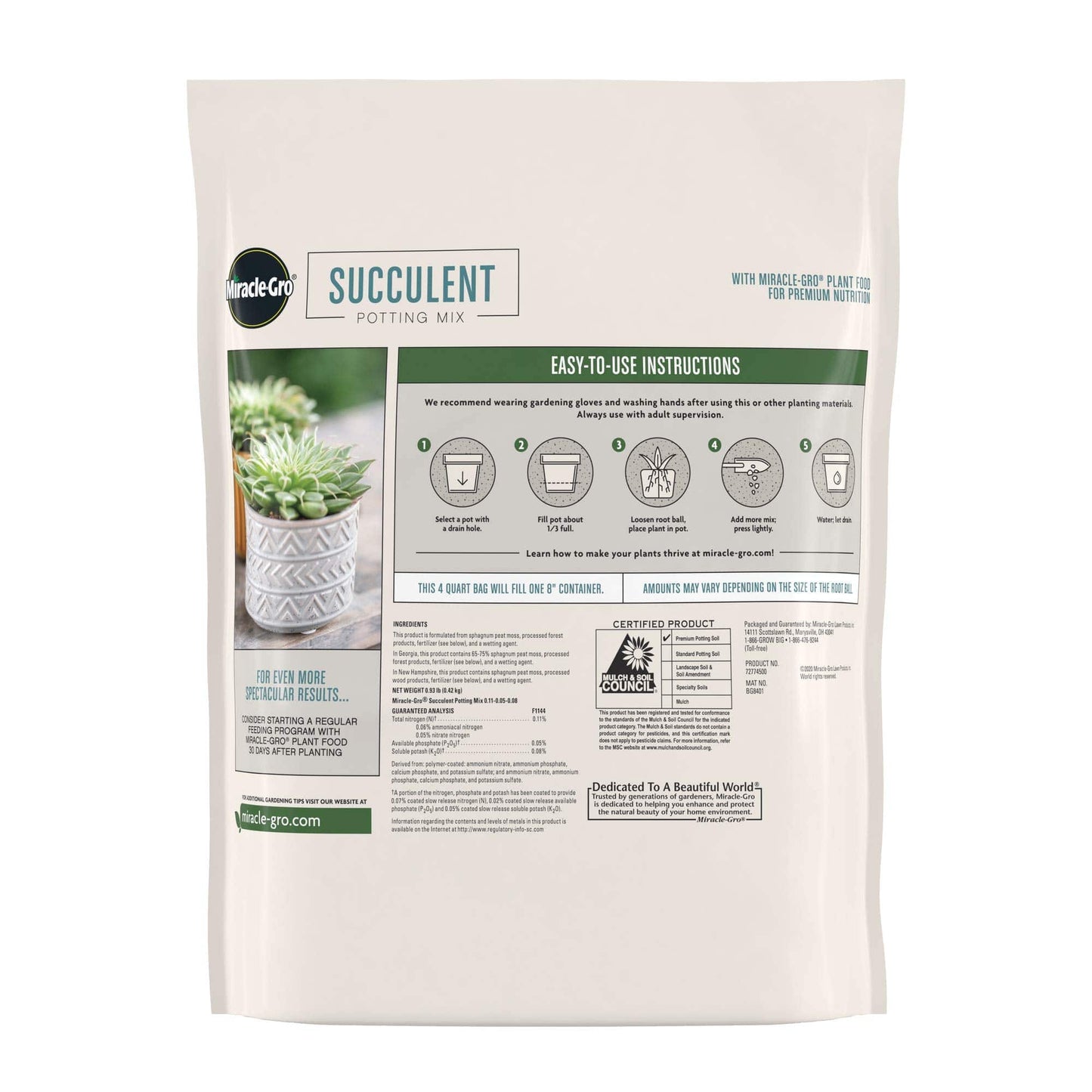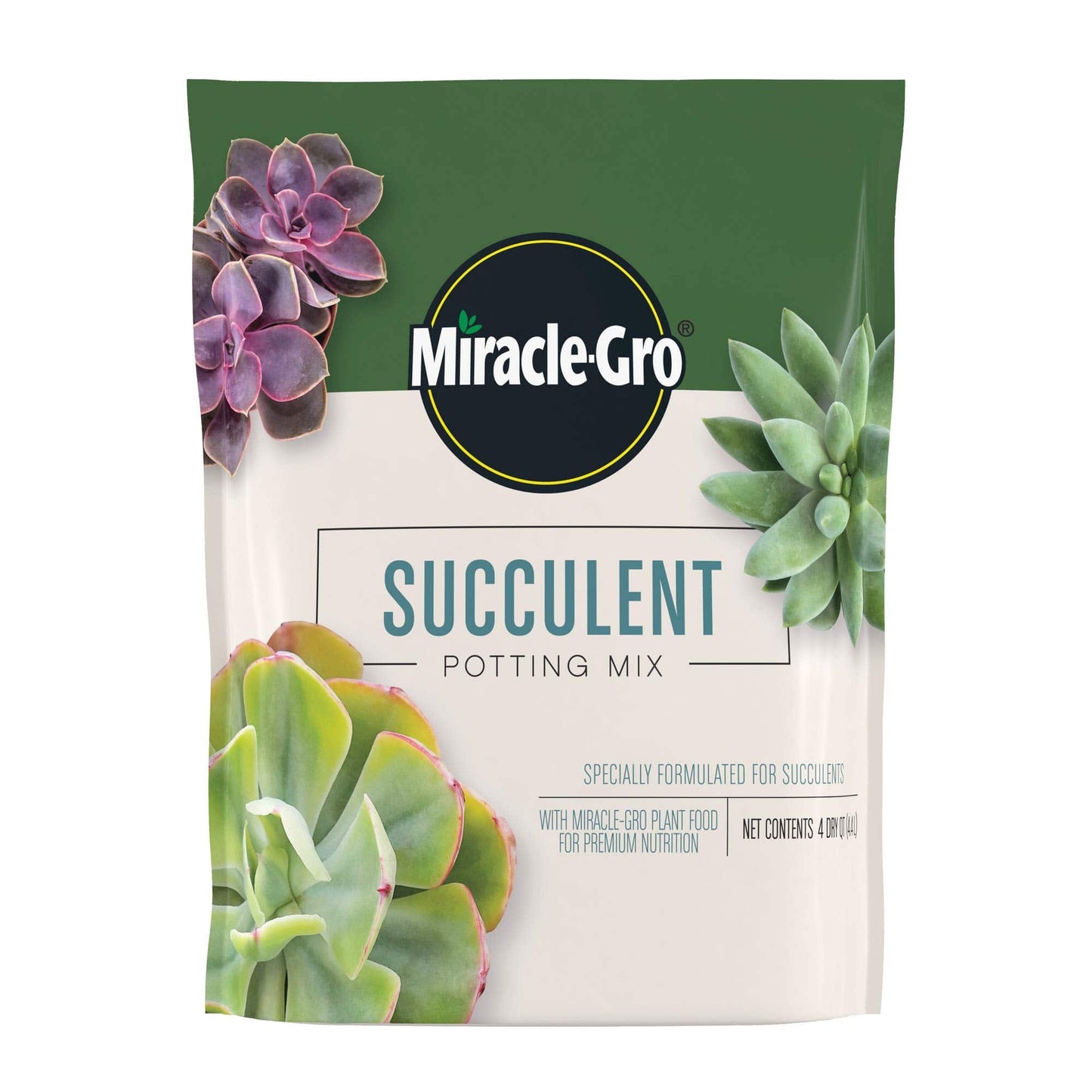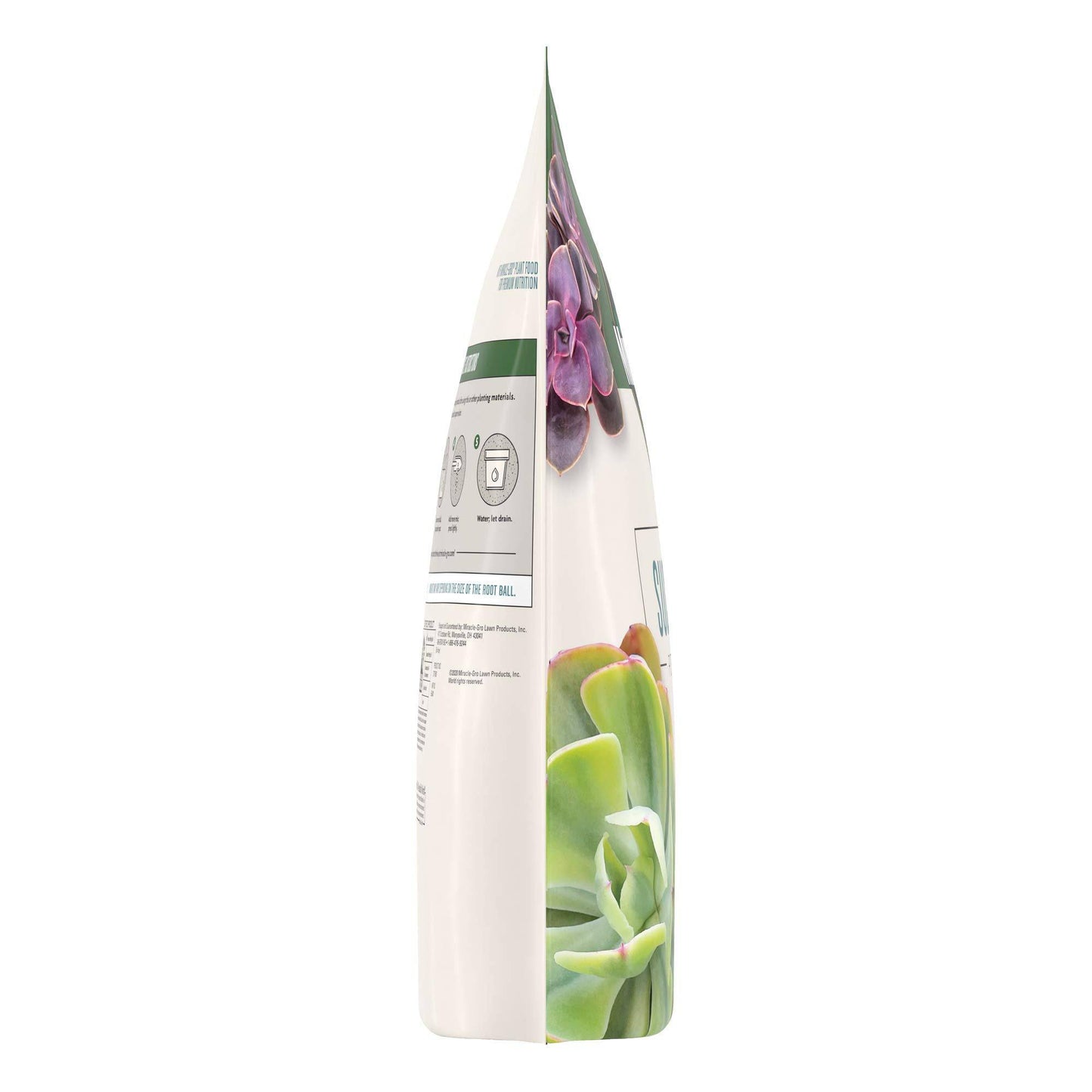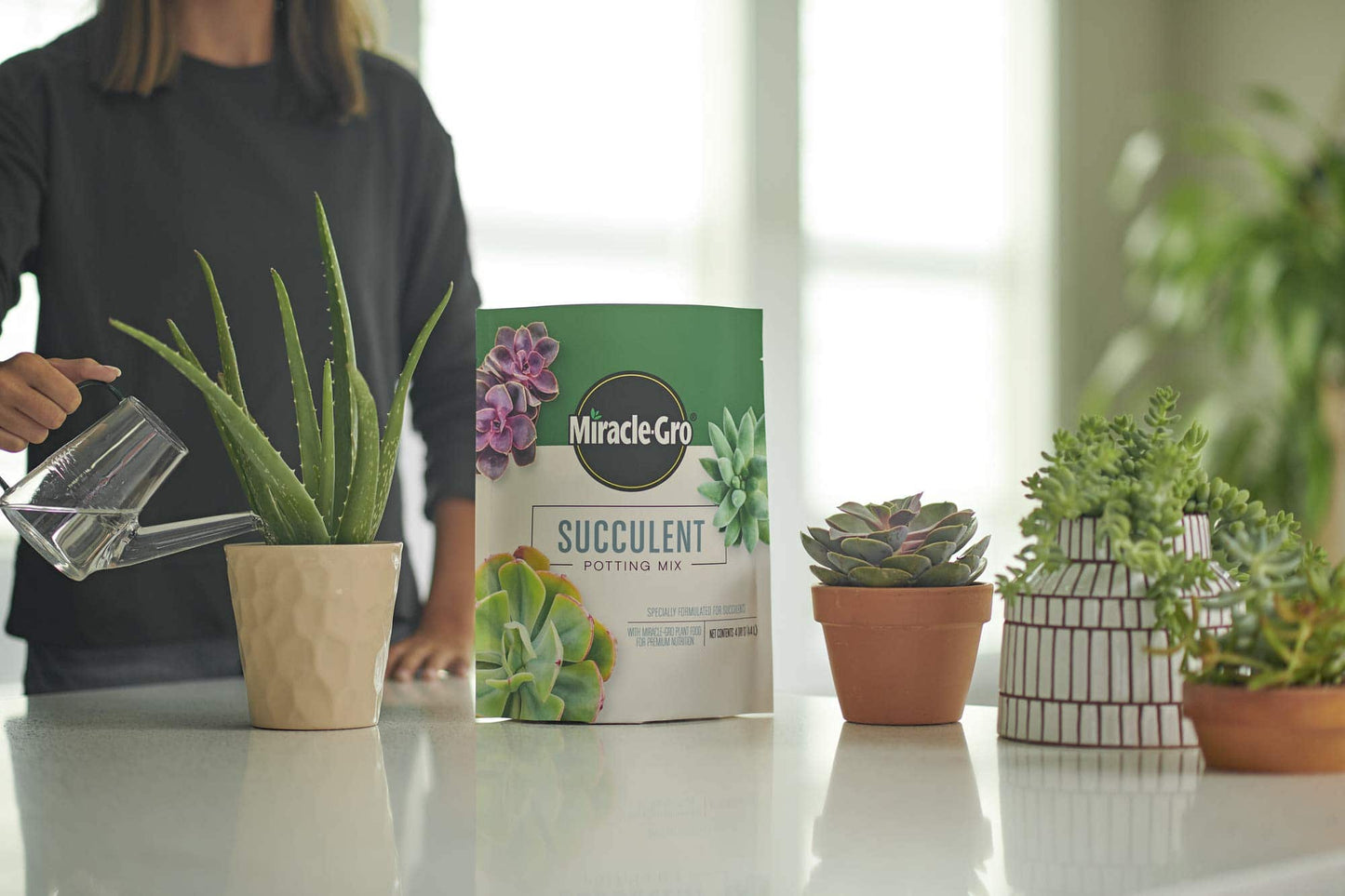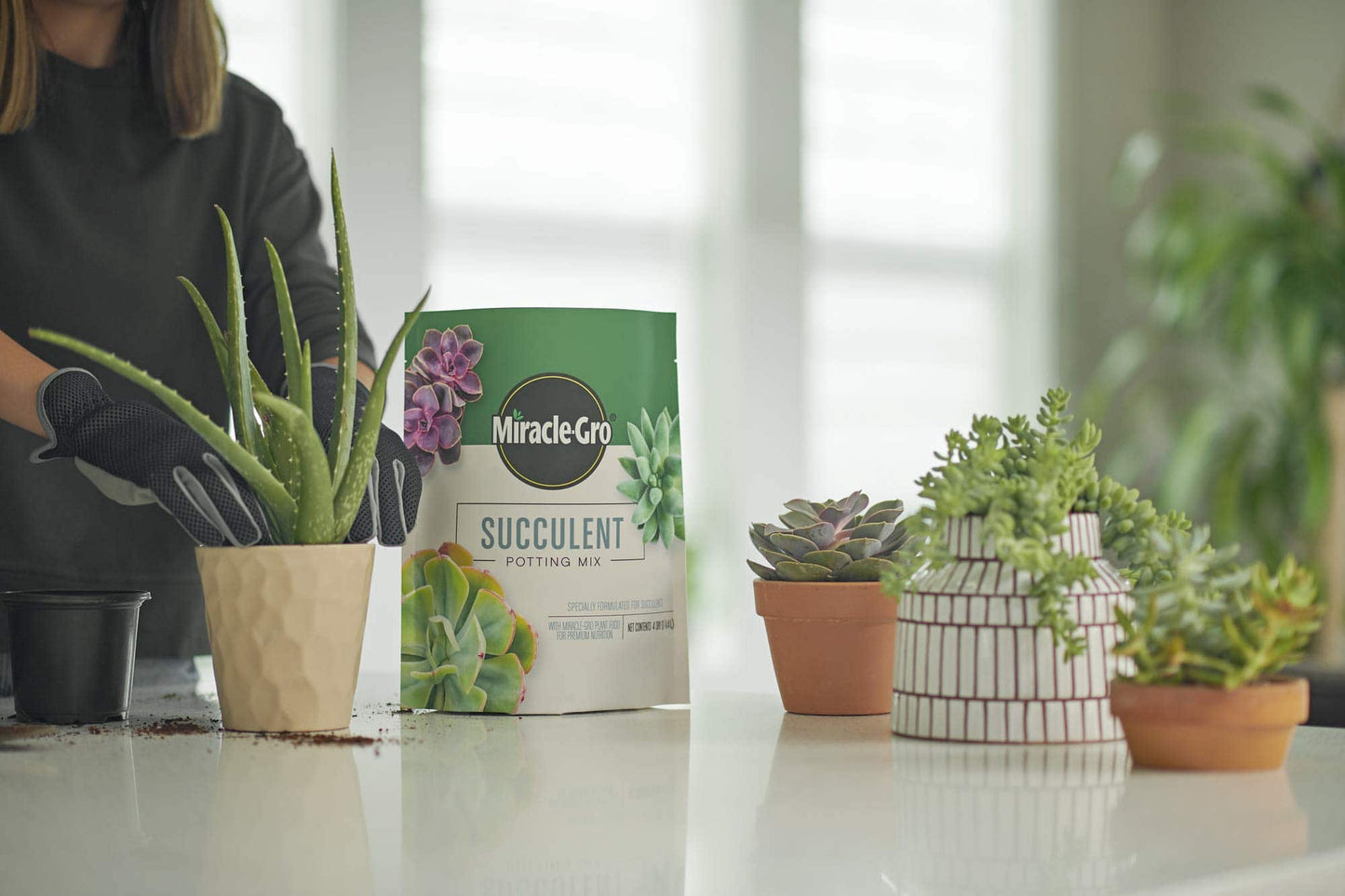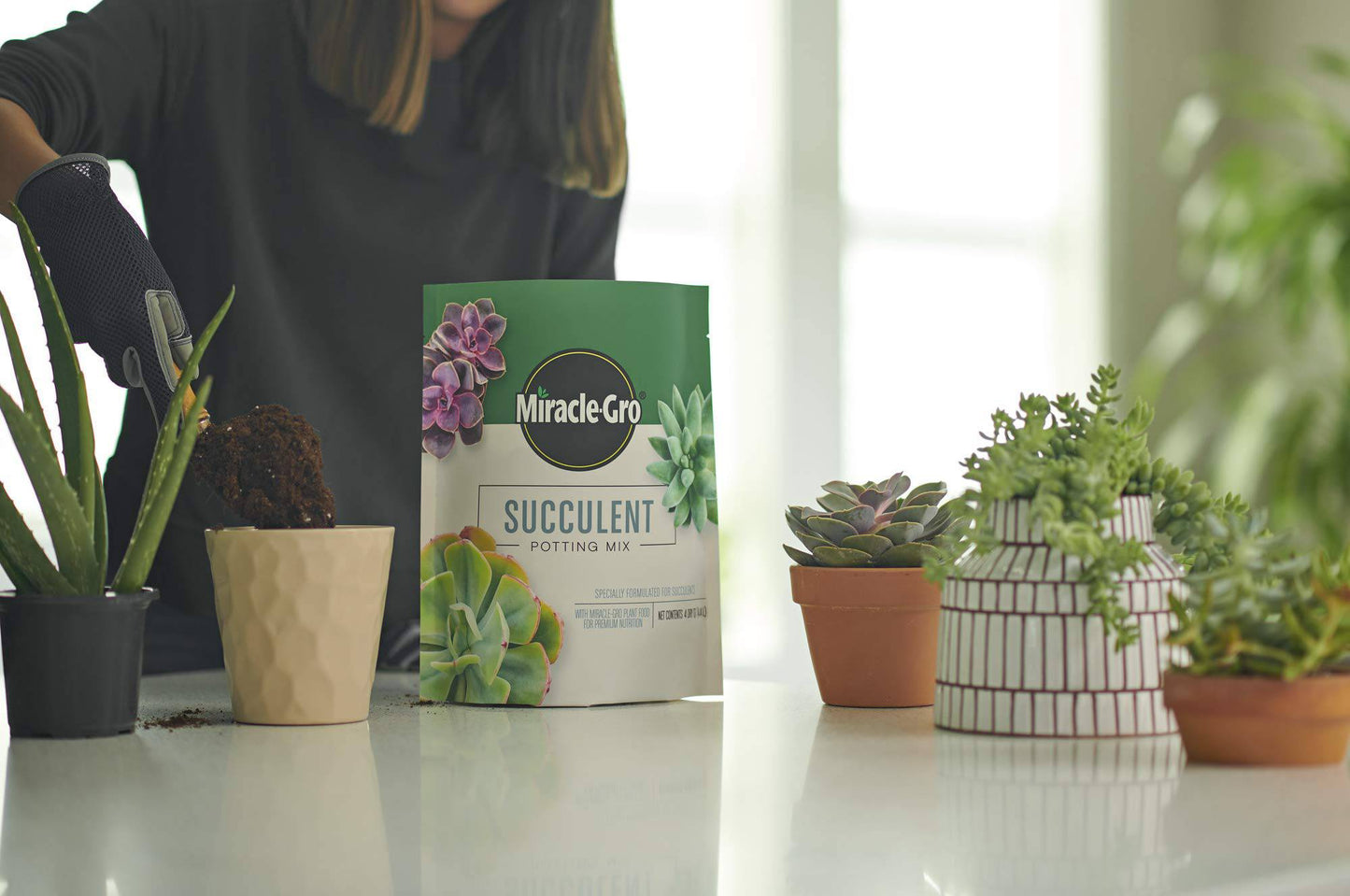Houseplants are deceptively complex organisms, and their care requirements can vary significantly depending on the time of year. As the seasons change, it becomes essential for plant parents to adjust their care routines to ensure their green companions thrive. In this comprehensive guide, we will explore the best practices for caring for your houseplants during seasonal transitions. Whether you are a seasoned plant mommy or a budding plant daddy, these tips will help you keep your green babies healthy and happy throughout the year.
The Impact of Seasonal Changes on Houseplants
Seasonal changes, such as fluctuations in temperature, humidity, and daylight hours, can have a considerable impact on houseplants. During the colder months, many plants enter a period of dormancy and require less water and fertilizer. In contrast, the warmer seasons bring active growth and increased water and nutrient uptake. Understanding these natural cycles is crucial for providing optimal care for your plants.
Adjusting Watering Practices
One of the most critical aspects of houseplant care during seasonal changes is adjusting your watering practices. During the winter months, when plant growth slows down, it is essential to reduce the frequency of watering. Overwatering can lead to root rot and other problems. On the other hand, in the spring and summer, when plants are actively growing, you may need to water more frequently to support their growth.
Monitoring Light Conditions
Light is a vital factor in plant growth, and seasonal changes can significantly impact the amount of light your houseplants receive. As the days grow shorter in the fall and winter, you may need to move your plants closer to windows or provide supplemental lighting to ensure they get enough light. In the spring and summer, take care to protect your plants from direct sunlight, which can scorch their leaves.
Fertilizing for Growth
During the growing season, houseplants benefit from regular fertilization to support their growth and health. Choose a balanced houseplant fertilizer and follow the instructions carefully to avoid overfertilizing, which can harm your plants. In the winter, it is best to reduce or stop fertilizing altogether to allow your plants to rest.
Temperature and Humidity Considerations
Seasonal changes can also affect the temperature and humidity levels in your home, which can impact your houseplants. Most houseplants prefer temperatures between 65-75°F and moderate humidity levels. In the winter, be cautious of placing plants near drafts or heating vents, which can cause stress. In the summer, consider increasing humidity levels by misting your plants or using a humidifier.
Preventing Pests and Diseases
Seasonal changes can create conditions that are conducive to pest infestations and diseases in houseplants. Keep a close eye on your plants for signs of pests such as spider mites, mealybugs, and aphids. Regularly inspect your plants' leaves and stems for any abnormalities and take prompt action to address any issues before they escalate.
Pruning and Maintenance
Proper pruning is essential for maintaining the health and appearance of your houseplants. During the growing season, regularly inspect your plants for dead or yellowing leaves, and trim them to encourage new growth. Pruning can also help control the size and shape of your plants, ensuring they fit nicely in your home environment.
Seasonal Repotting
Repotting is another task that may need to be adjusted based on seasonal changes. Spring is an ideal time for repotting as plants enter their active growth phase. Choose a slightly larger pot with fresh, well-draining soil to provide your plants with the space and nutrients they need to thrive. Avoid repotting in the winter, as this can stress your plants.
Special Care for Philodendron Monstera Split-Leaf
Philodendron Monstera Split-Leaf, also known as Monstera deliciosa, is a popular houseplant known for its large, fenestrated leaves. When caring for this plant during seasonal changes, ensure it receives bright, indirect light and regular watering. Fertilize it monthly during the growing season to support its lush foliage growth.
Gift for Plant Lover: Plantonio 30 Day Guarantee
As a plant lover, finding the perfect plant care companion is essential. Plantonio offers a wide range of high-quality houseplants and gardening supplies, backed by their Plantonio 30 Day Guarantee. Whether you are a seasoned plant mommy or a beginner plant daddy, Plantonio has everything you need to nurture your green babies.
Embracing Hydroponics for Year-Round Growth
If you are looking to take your houseplant care to the next level, consider exploring hydroponics. Hydroponic systems provide plants with a nutrient-rich solution directly to their roots, allowing for faster growth and higher yields. Whether you are a plant mommy looking to expand your indoor garden or a plant daddy interested in sustainable growing practices, hydroponics offers a unique and rewarding experience.
Adapting Your Care Routine
As a plant parent, it is essential to stay attuned to your houseplants' needs and adapt your care routine to accommodate seasonal changes. By monitoring factors such as watering, light, temperature, and humidity, you can provide your plants with the optimal growing conditions they need to thrive year-round. Remember, every plant is unique, so take the time to observe and learn from your green companions to help them flourish.
Thriving with Your Houseplants Throughout the Seasons
Caring for houseplants during seasonal changes can be a rewarding experience that deepens your connection to nature and fosters a sense of mindfulness and well-being. Whether you are a dedicated plant mom or a proud plant daddy, observing your plants' growth and health throughout the year is a gratifying journey. By following these tips and adjusting your care routine to meet your plants' evolving needs, you can create a thriving indoor garden that brings joy and beauty to your home.


